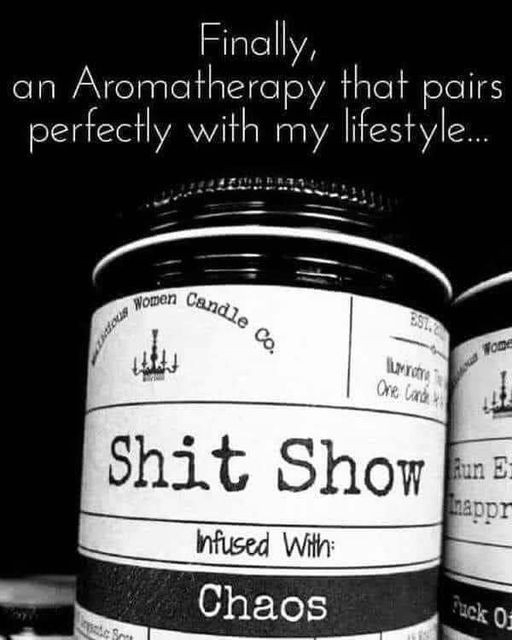#aromatherapy
Text
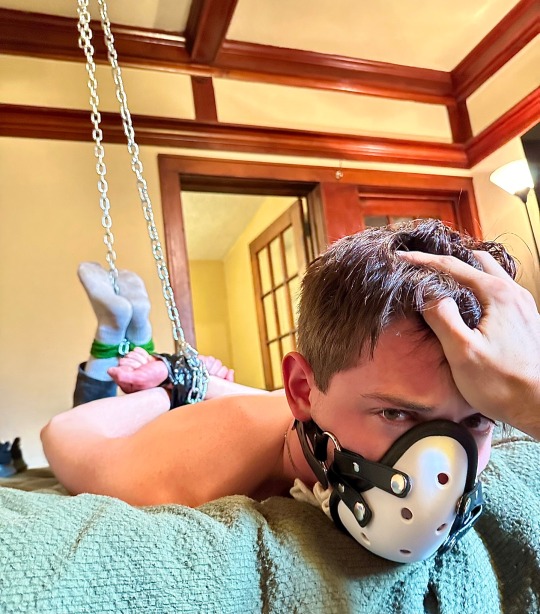
Sorry @runnertied, those sad eyes aren’t getting you out of this one.  Now breathe deep and let my sweaty smells take over >:)
1K notes
·
View notes
Text
Ways to use Essential Oils:
Sleep -> a few drops of lavender on a tissue to help you relax and fall asleep
Perfume -> dilute with a carrier oil (coconut, caster) and place on skin
Headaches -> peppermint oil is known to ease headaches
Clothing -> add a few drops to laundry for slightly scented clothing
Hair -> rosemary oil shown to improve dandruff and promote hair growth
Nausea -> the scent of lemon / orange oil is known to help with stomach upset
Reducing anxiety -> lavender, jasmine, basil, chamomile, rose (carry scented item or dilute onto skin)
Colds -> eucalyptus oil for congestion
Air freshener -> mix with water in a spray bottle (lavender, eucalyptus, lemongrass all work well)
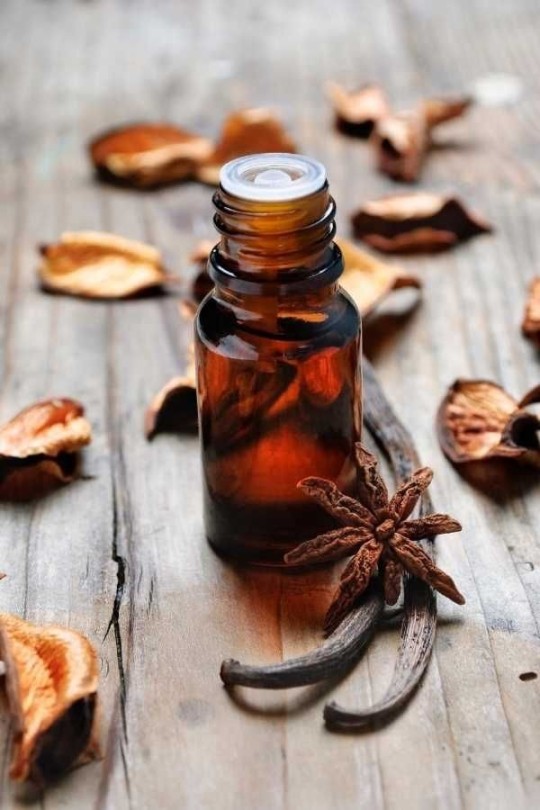

* look for 100% on the bottle so you know it’s not mixed with harmful chemicals.
* always dilute when placing on skin, should not be ingested without knowledge and caution, and can occasionally cause negative affects in some people.
#essential oils#aromatherapy#natural healing#healing herbs#healing#spiritual#spirituality#lavender#chamomile#peaceful sleep#sleep tips#creativity#the universe#manifestation#wicca#witch community#witchblr#spiritualjourney#scent#scented candles#headache#nausea#gut health#healthy mind#mental health#healthy#health#mindful#mindfulness#calming
140 notes
·
View notes
Text
Aromatherapy for beauty 
Smell is the most primitive of all our senses. Our smell receptors send messages directly to the limbic system - the deep part of the brain that controls emotions.
Essential oils distilled from natural botanicals can exert a powerful influence on our mood and spiritual balance.
They can even improve sleep and manage pain. And they can be a potent ingredient of your beauty routine that visibly lifts both your internal and external well-being.
Diffuse aromatherapy oils using a diffuser or spray bottle to evoke a particular mood and move you closer to your desired intention. Oils can be applied directly to your skin diluted in a neutral carrier oil - argan oil and rosehip oil are both excellent carrier oils.
Why not try mixing your own essential oil blend to create a bespoke beauty treatment that works its magic just for you.
Aromatherapy oils are a beauty essential. Research what works for your mood as well as your skin, or get started with these classic beauty boosters.
Lavender -
The queen of beauty oils, lavender is calming, gentle and nourishing and can reduce the appearance of blemishes.
It promotes good sleep and helps with relaxation and de-stressing - and when you're peaceful and well rested, beautiful is easy.
Lemon -
This oil's high concentration of D-limonene, a compound that helps promote circulation, gives it magical skin-repairing and toning properties.
Frankincense -
Prized since ancient Egyptian times for its ability to keep skin youthful, this heady oil can reduce the appearance of fine lines and give your skin a radiant glow.
#aromatherapy#Aromatherapy for beauty#witchblr#witchcore#witchcraft#witchlife#white witch#beginner witch#witch tips#grimoire#spirituality
109 notes
·
View notes
Text
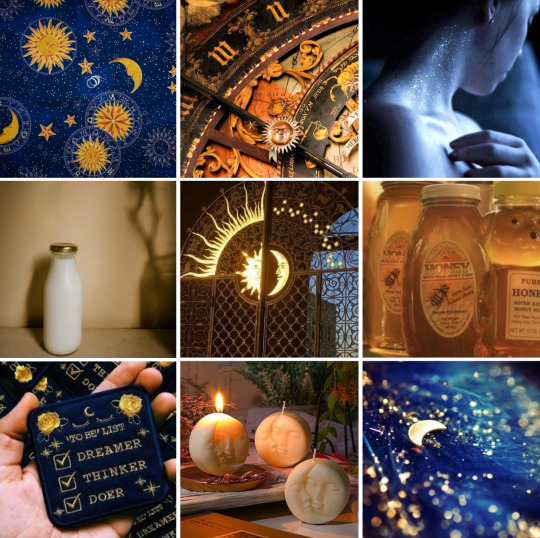
Bath and Body Works Moodboards // Warm Milk and Honey
An aromatherapy blend of essential oils evokes the comfort of warm milk and honey for a good night's sleep.
(requested by @stars-and-car-rides)
#warm milk and honey#bath and body works#bath and body works moodboards#moodboards#aesthetics#my moodboards#my edits#requests#requested moodboards#aromatherapy#night sky#mooncore#starcore#skycore#spacecore
182 notes
·
View notes
Text
The shop is called Scents by Skanda on Etsy ❤️
#me#perfume#perfumery#small business#independent shops#attar#oud#oud perfume#attars#aromatherapy#scent alchemy#scent healing#healing#Ayurvedic#niche perfume#incense#essential oils#blackgirlmagic#blacktumblr
28 notes
·
View notes
Text
Aromatherapy for Processing Trauma

Aromatherapy uses scent, usually in the form of essential oils, for physical and emotional well-being. Our sense of smell is very closely connected to memory, and certain smells can have an effect on our emotions and mood.
Essential Oil Safety and Ethics
Because this is the Internet and because certain multi-level marketing corporations have intentionally spread misinformation about essential oil safety, let's talk about a couple of things real quick.
You should never, ever eat or drink essential oils. These are very concentrated extracts of the active compounds from plants, and just like you would never sit down and eat 200 pounds of lavender, you shouldn't eat lavender oil. Ingesting essential oils can have very serious side effects, up to and including organ failure and death. Just don't.
If you want to work with a liquid plant extract that you can take internally, I recommend trying a tincture or a tea.
Use caution when applying essential oils topically. Again, essential oils are very concentrated, so they can cause skin reactions even if you are not normally allergic to the plant they come from. Always do a patch test to check for an allergic reaction before applying an essential oil to your skin or putting it in a bath. Some, like cinnamon oil, should never be used topically.
Always dilute your oils. Whenever you put essential oils on your skin, mix them with a carrier oil (like olive oil or coconut oil). Typically for adults you want to only use two drops of essential oil for every teaspoon of carrier oil, but you might use a stronger or weaker concentration depending on your body and your needs. If you're adding essential oils to your bath, make sure you mix them into a bath salt (either Epsom salt or plain table salt) before adding them to the water.
When you diffuse essential oils, make sure you don't use too much. For a typical aromatherapy diffuser, you really only need 1-5 drops of oil.
Be careful using essential oils around children and pets. Contrary to what some MLMs say, essential oils may not be safe for your baby or your dog. If you have kids, make sure your oils are stored out of their reach. Don't diffuse essential oils around babies under 6 months old, and don't apply oils to the skin on children under 3 years old. If you use essential oils on your older child's skin, they should be TWICE as diluted as for an adult (so you would use HALF as much essential oil for the same amount of carrier oil). If you diffuse oils around your kids, don't run the diffuser for more than 60 minutes. Follow other essential oil safety rules.
If you have a pet in the house, only diffuse essential oils in open, well-ventilated rooms, never let the diffuser run for more than 60 minutes, and make sure your pet is able to leave the room if they want to. Never apply essential oils to a pet's skin. Research your oils to make sure they aren't toxic to your pets.
Moving from safety concerns to ethics concerns, don't use essential oils in public spaces. Many people don't tolerate these scents well because of health conditions, allergies, or chemical sensitivities. For this reason, you should only practice aromatherapy in your own private space.
Try to be an eco-conscious consumer. It takes a whole lot of plant material to make essential oils -- one pound of lavender oil requires 250 pounds of lavender buds! That's a lot of natural resources. Even "wildcrafted" or "wild harvested" products may still be contributing to overharvesting. Try to limit your environmental impact by using oils sparingly, avoiding oils made from endangered plants, buying from companies that use sustainable harvesting practices, and reusing or recycling the bottles.
Making Aromatherapy Trauma-Sensitive
Because scent is so strongly connected to memory, scents that remind us of a traumatic event can trigger anxiety or panic, or even make us physically ill. Before using aromatherapy, think carefully about the scents you feel drawn to and whether they may be triggering for you.
For example, if your abuser wore a floral perfume with rose and geranium notes, the scents of rose and geranium might activate your fight or flight response, even though those are usually considered calming scents. If your abuser wore a cologne or deodorant with a lot of woodsy notes, you might want to avoid woodsy essential oils like cedarwood.
If at any point you start to feel triggered or activated when using aromatherapy, stop using that scent until you can speak to a therapist or counselor about your experience.
Helpful Essential Oils for Trauma Survivors
Note: Much of the information in this section comes from Elizabeth Guthrie's book, The Trauma-Informed Herbalist.
Lavender (Lavandula angustifolia): The ultimate relaxing scent. Guthrie says that lavender "allows a person to completely relax. It is a wonderful tonic for a person who has been overthinking situations." Lavender is really helpful for anxiety and paranoia, especially if your anxiety takes the form of doom spiraling or thinking about worst case-scenarios.
Cedarwood (Cedrus virginiana): An excellent grounding scent. Guthrie says that cedarwood "is loved for its ability to help people reconnect to themselves." Be aware that Atlas Cedarwood (Cedrus atlantica) is endangered due to overharvesting -- try to use more sustainable varieties.
Rosemary (Rosmarinus officinalis): Great for mental clarity. Rosemary strengthens memory, and it can be useful for people who struggle with short-term memory or who are dealing with brain fog or gaps in memory as a product of trauma. Rosemary promotes alertness.
Clary Sage (Salvia sclarea): Promotes a sense of well-being and helps decrease feelings of stress.
Sweet Marjoram (Origanum majorana): Brings balance to the body and mind. Marjoram has a relaxing effect and can help release tension.
Geranium (Pelargonium graveolens): Another relaxing scent. Guthrie says that geranium "can also help a person who is feeling jumpy, as if they're living in a horror movie and a jump scare is just around the corner."
Chamomile (Anthemis nobilis): Reduces anxiety and relieves feelings of depression. Chamomile also famously helps with sleep issues such as insomnia.
Patchouli (Pogostemon cablin): Very strong grounding. Guthrie recommends patchouli to help reset the sleep-wake cycle for people struggling with insomnia and/or fatigue.
Bergamot (Citrus bergamia): Balances emotional energy and uplifts the mood. Guthrie recommends it for brain fog from exhaustion and for aid in letting go of anger.
Eucalyptus (Eucalyptus globulus): A superstar for healing, whether physical, mental, emotional, or even spiritual. Guthrie recommends eucalyptus "to jumpstart the emotional healing process" and "to release the feeling that their trauma is part of their identity."
Sweet Orange (Citrus sinensis): An uplifting and energizing scent. Great for bringing up the mood, promoting happiness, and helping with burnout.
Aromatherapy on a Budget
Listen, y'all. Essential oils are expensive. Ethically sourced essential oils are even more expensive. I save some money by 1.) using essential oils sparingly, and 2.) buying pre-mixed blends. I'll typically look for a blend that contains several oils that I want to work with instead of buying each oil individually. Right now I'm working with the "Harmony" synergy blend from Eden's Garden, which contains lavender, cedarwood, rosemary, clary sage, sweet marjoram, geranium, and chamomile.
If you can't find a blend that has all the qualities you want, you can still save money by buying a blend with most of the qualities you're looking for, then adding one or two low-cost oils. For example, I wanted a slightly more grounding effect than the blend I'm using has, so I add a little bit of patchouli oil to bring in that earthy, grounding quality.
Sources:
The Trauma-Informed Herbalist by Elizabeth Guthrie
"5 Benefits of Clary Sage Oil" by Corey Whelan
"Marjoram Essential Oil" on AromaWeb
"The 8 Proven Benefits of Chamomile Oil and How to Use It" by Jill Seladi-Schulman, Ph.D.
"Essential Oils & Pets" on Saje
"Are Essential Oils Safe for Kids?" by Teresa Carr
#smell goods do a lot and should not be underestimated#aromatherapy#essential oils#trauma#trauma survivor#trauma processing#trauma informed#the body keeps the score#herbalism#herbs#lavender#cedar#cedarwood#witchblr#witch#witchcraft#green witch#green witchcraft#cottage witch#kitchen witch#kitchen witchcraft#ptsd#complex trauma#complex ptsd#cptsd recovery#abuse tw#my writing#long post#recovery#plant magic
290 notes
·
View notes
Text
No, I don't believe in essential oils solving problems or curing illnesses, but there's nothing wrong with liking stuff that just smells good. And good smelling stuff are useful to me.
#mother witch ramblings#witchblr#essential oils#spell ingredients#witch's tools#witchcraft#spellcraft#aromatherapy#magic
263 notes
·
View notes
Text
"That Which Produces Harmony In All The Parts Of Man Is Medicine, Ensuring Health..."
The Aquarian Gospel
26 notes
·
View notes
Text
What are Infused Oils?
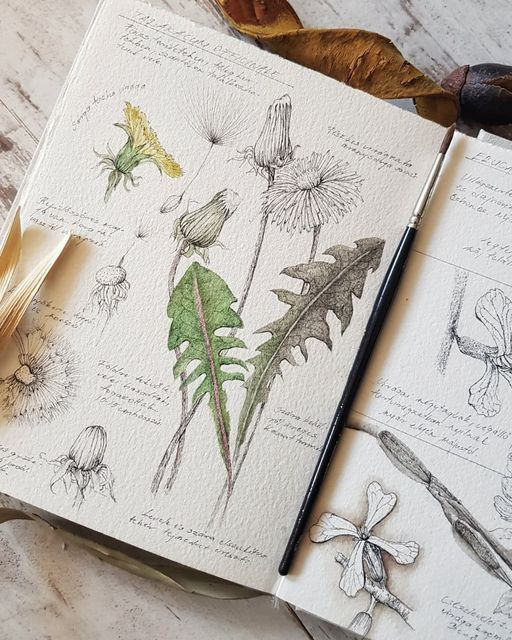
What are they?
Infused oils are herbal components or spices placed in a jar of carrier oil like Olive Oil, Grapeseed Oil, Avacado Oil, Jojoba Oil, Coconut Oil, etc. Can be used in cooking, herbal ailments and skincare.
Are they essential oils?
No. Short answer, no. Long answer? I'll give you an explanation. Essential oils are distilled using Steam Distillation, Solvent Extraction, CO2 Extraction, Maceration, Enfleurage, Cold Press Extraction, and or Water Distillation. Lotta words huh? It takes a lot of work to make essential oils. Unfortunately, it also takes quite a bit of that plant to make even those tiny 10ml bottles you purchase. Of course, each plant varies. However, it still can lead to a larger environmental impact.
For instance, one pound of essential oil can be extracted from approximately 250 pounds of rosemary leaves, or from 150 pounds of lavender buds, or say 50 pounds of eucalyptus leaves. This is why you see some as more expensive than others. Unfortunately, you can see where the problem lies in plants that are more threatened or endangered. If you must use essential oils, source responsibly (and not from a Pyramid scheme but I'm not opening that can of worms)
Can I use infused oils in my practice?
Yes! Absolutely! All these oil recipes you see for spell oils are exactly that. You can even use the elemental correspondences of the carrier oils you use for spell oils. As an example Olive Oil is traditionally known for the fire element and Coconut Oil is water. The possibilities for your personal correspondence are endless!
Now I'll stop rambling. Here are a few methods I learned to infuse oils in my courses and through self-herbalist study.
Method One:
The Folk Method - The most common
Directions
Place DRIED herbs in a clean, dry jar. Leave at least 1 to 3 inches of open space above your herbs to cover with oil.
Fill the remaining space in the jar with the oil of your choice, making sure to cover herbs by at least 1 inch or more. If the herbs emerge above the surface of the oil at any point while infusing, pour more oil on top to ensure the herbs remain covered.
Cap the jar tightly and shake well.
Place the jar in a sunny, warm windowsill and shake once or more per day.
After 2 to 3 weeks, strain the herbs out of the oil using cheesecloth or a mesh strainer. Or you can leave it in but straining is recommended if you are using dropper bottles as it clogs the caps.
Pour into clean glass bottles.
Remember to label your jars with the date, type of oil, and herbs used! You WILL forget! Trust me.
Store in a cool, dark place. The oil may keep for up to a year.
Method Two:
The Heat Infused Method - Quick Infusion
Directions
Place herbs in the crock pot or double boiler. Cover with extra virgin olive oil (or other carrier oil of choice), leaving at least an inch or two of oil above the herbs.
Gently heat the herbs over very low heat (preferably between 100° and 140° F for 1 to 5 hours, until the oil takes on the colour and scent of the herb. Some recommend heating the oil for 48 to 72 hours at a controlled temperature of 100° F. Turn off the heat and allow it to cool. I personally prefer letting it sit in a crock pot for 72 hours as I feel like I get all of the benefits out of the herb.
Once oil is cooled, strain using cheesecloth.
Bottle in dry, sterilized glass bottles. LABEL your bottles with the date and contents before storing them.
Store in a cool, dark, dry place for up to six months.
Best herbs to infuse in oil
There are a countless number of herbs, spices and resins that can be infused into the oil. Please make sure these herbs are free from pesticides and chemicals (not found on the roadside). Dried herbs work best as you don't want your mixture spoiling sooner. Here are some great examples of herbs to use.
Pine needles
Calendula flowers
Chamomile flowers
Lavender
Lemon balm
Peppermint leaf
Rosemary leaf
Thyme leaf
There you have it! Now have fun and source responsibility.
Happy witching!
Want to read more?
On sustainability and impact:
Links:
Dangers of essential oils and pets:
Link:
Want to check out my other post? Look at my Masterpost
#witchcraft#witch#infused oils#spell oils#essential oils#aromatherapy#kitchen witchcraft#herbal magic#herbalism#herbalist#herbal medicine#witchblr
21 notes
·
View notes
Text
Essential Oils
Basil oil: focus
Clove oil: energising
Wintergreen oil: stress/tension relieving
Tangerine oil: cleansing
Rosemary oil: concentration
Chamomile oil: calming
Peppermint oil: ease stomach/headaches
Lemongrass oil: positivity
Lavender oil: sleep, relaxation
Grapefruit oil: uplifting
Frankincense oil: peace
Rose oil: lifts mood
Eucalyptus oil: clear breathing, opens chest


* Just a general cheat sheet – there are so many more different oils and uses for them :)
* Look for “100% natural oil” on the bottle to know it’s not mixed with harmful chemicals.
#essential oils#aromatherapy#incense#candles#aroma diffuser#spirituality#natural medicine#natural healing#spiritualjourney#diffuser#natural#oils#fragrance oils#fragrance#healing#health#healthy mind#soul#positivity#relaxation#energy#positive energy#plants and herbs#herbs and spices#plants#wicca#witch community#witchblr#green witch#beginner witch
87 notes
·
View notes
Text
The Routine You Need for Simple, Slow, Cozy, and Luxurious Mornings (Autumn & Winter) ❄️🌞 Holistic Leveling Up!

#g#morning routine#guides#wellness journey#holistic leveling up#leveling up#that girl#green juice girl#slow living#soft living#tea time#mindfulness#meditation#morning rituals#aromatherapy#skincare#clean beauty#tea#herbalism#self care#self love#cozy#autumn#winter#nervous system regulation#true nourishment#sidewalkchemistry
43 notes
·
View notes
Photo
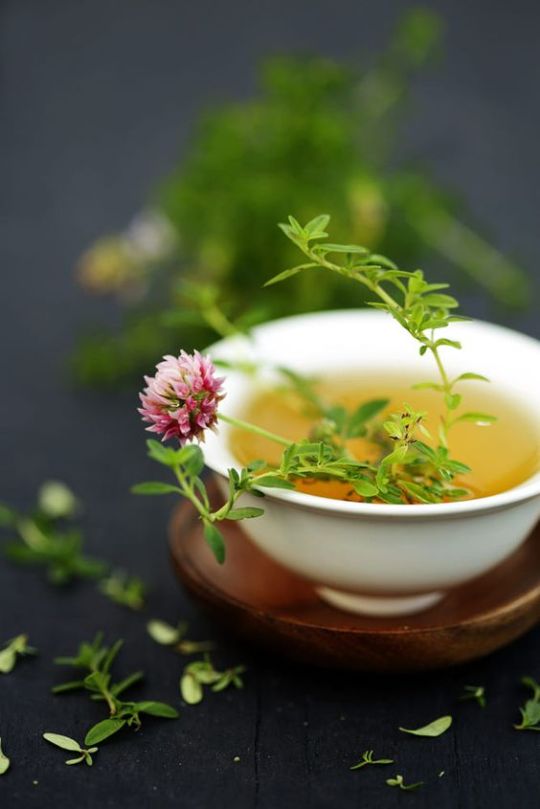
Aromatherapy with thyme oil and clover flower by Yana Shonbina
111 notes
·
View notes
Text

Bath and Body Works Moodboards// Black Chamomile
Calm your body and mind and create a sense of well-being with a combination of black chamomile and bergamot oil.
(requested by @tea-bijou)
#black chamomile#bath and body works#aromatherapy#bath and body works moodboards#moodboards#aesthetics#my moodboards#my edits#requests#requested moodboards
29 notes
·
View notes

